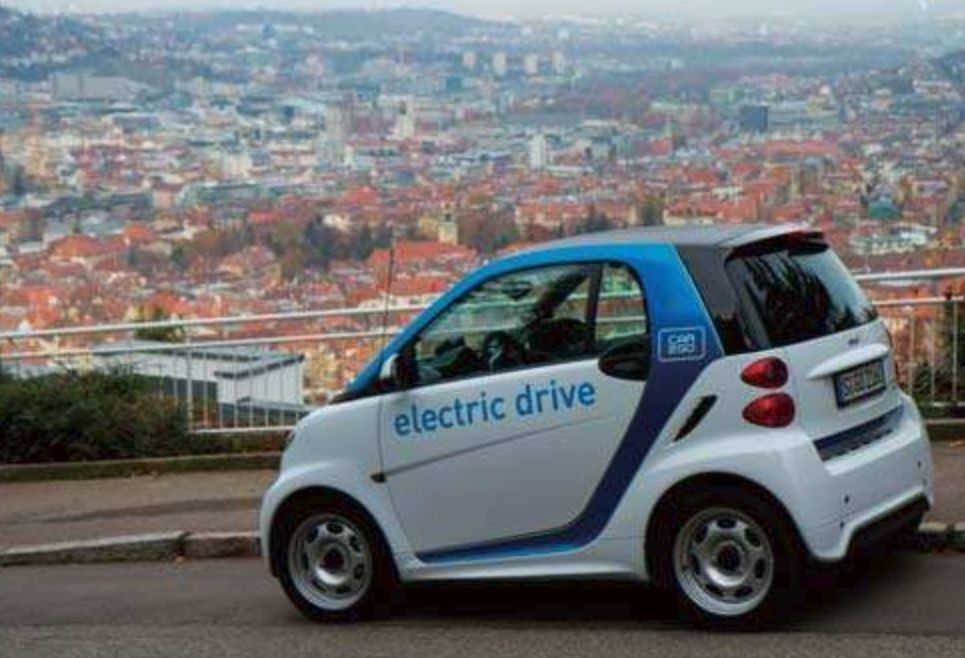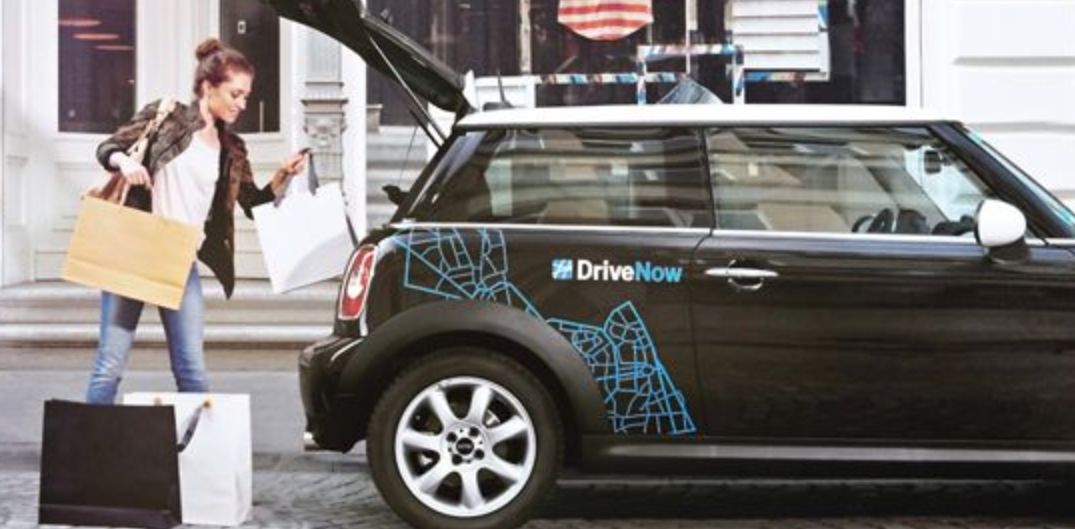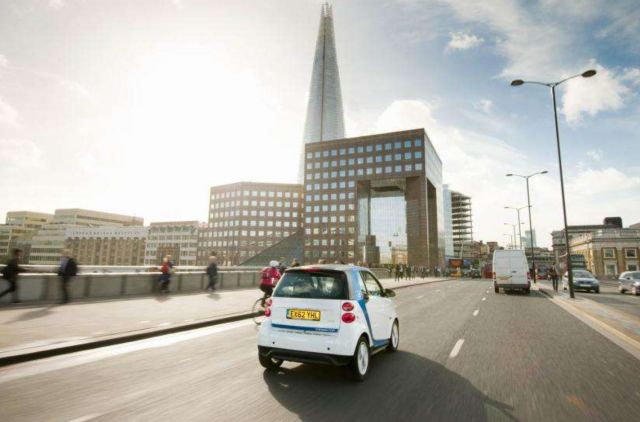According to an exclusive report by German newspaper “Frankfurter Allgemeine Zeitung” on the 23rd local time, car2go, a car-sharing brand under BMW, and DriveNow, a subsidiary of Daimler, are set to cooperate in the coming months on specific matters to be publicly revealed.

This merger, referred to by German media as a move against competition from the US and Asia, such as Uber in the US and Didi in China, which have already occupied a significant market share and had a global impact in the car-sharing sector, while Germany, as the first car powerhouse, still lacks a strong global travel brand.
Naturally, the pride of the German nation can’t accept such a reality.
So a year ago, the two companies started discussing the integration of their travel brands, but because both sides had other joint-venture shareholders for their travel brands, and related antitrust regulations needed to be reviewed, this matter took a long time to resolve.
Sixt, DriveNow’s other major shareholder, holds a 50% stake, while Car2go, owned by Daimler, also collaborates with a company called Europcar, which holds a 25% stake.

Sixt is Germany’s largest car rental company, holding the first place in market share in many European countries. Sixt has been opposing this cooperation all along and thus delayed the integration up until now.
In fact, despite having strong shareholders, DriveNow has never been profitable. Everyone believes that this collaboration with car2go will bring benefits.
According to a German media report in August last year, the two parties plan to integrate car2go and DriveNow to establish an independent company, using a common brand and technology platform, in order to further expand Europe’s travel market.
However, the deeper consideration is the deployment of countries in the sharing travel field to cope with challenges from US and Asian counterparts.
In an interview with Reuters, the cooperation will allow BMW and Daimler’s travel businesses to use common technology and system platforms and bring greater benefits to consumers by lowering costs.And Daimler will also bring ride-hailing broker Mytaxi and internet platform Moovel into the cooperation, while BMW’s operating brands ParkNow (parking space searching and rental) and ChargeNow (electric car charging) will also join this new platform.
As for the name of the new transportation service after the cooperation, I have come up with a name for them, Drive2go.

These are the basic facts.
There is also some background information:
Currently, the total value of car2go and DriveNow’s transportation services is €1 billion.
Car2go was founded in 2008 and operates 14,000 vehicles in North America, Europe, and China, claiming to be the world’s largest point-to-point car-sharing service provider.
Drivenow was founded in 2011 and operates 6,000 vehicles in Europe (think of Didi, which is said to have over 7,000 employees).
Looking at Uber and Didi, not only are they dominant in their respective countries, but their footprints are gradually spreading around the world. Didi has gradually realized its globalization strategy through the acquisition of local taxi companies in many countries, while Uber is at the forefront of the global shared car economy.
For the shared car era that everyone agrees is coming, the United States and China have already had strong reserves, and Germany is naturally in a hurry. So, despite the fact that BMW and Mercedes-Benz are direct competitors, they still choose to reach an agreement at this time.
It feels like Germany has been trying to catch up with the trend of the automotive industry revolution.
Like building battery factories.
In 2017, German car companies announced plans to build their own battery factories. First, Mercedes-Benz announced in July that it would establish a domestic battery factory joint venture with BAIC Group. Then, in October, BMW built a power battery center in Shenyang. According to media reports, Volkswagen also wanted to build one, but was not approved by the board of directors.
Some may think that this is due to China’s aggressive new energy vehicle policies, such as dual credits, which are causing problems for German automakers.
However, from the perspective of shared cars, American companies still take the lead, Chinese companies are widely popularizing it, and German companies can only follow suit step by step, while we don’t see anything from Japan and South Korea.
This merger event fully demonstrates that everyone is firmly convinced of the future vision of calculating the value of transportation by mileage.
This is not just about how car companies will make money in the future.The future of car sharing is closely linked to autonomous driving. Autonomous driving is clearly the inevitable direction of current automotive electronics technology development. From a macroscopic perspective, car sharing, autonomous driving, and the future social cyber-physical systems are highly related.
Looking at Japanese and Korean brands, they generally move slower but surprisingly more steadily. For example, throughout 2017, I heard people asking why the Japanese weren’t getting into electrification. But if you take a closer look at Toyota’s 2050 strategy, you’ll find they already know that fuel cells will be the future’s main source of energy. Plug-in hybrids are also really important; pure electric isn’t yet mainstream, so they’re staying focused.
In mid-2017, Toyota unexpectedly announced plans for solid-state battery vehicles, expected to go on sale in 2020. Suddenly, everyone turned to look and realised that solid-state batteries were likely the ideal successor to three-element lithium batteries. Toyota seems extremely wise and forward-thinking about batteries. Definitely worth learning from.
Toyota recently released the e-Palette vehicle at CES and announced the transition to a mobile travel service company. My basic idea is this: any plan not already written into Toyota’s strategy is not a real plan, just a temporary trial.
Returning to the main topic, there are also reports that BMW and Daimler’s cooperation will maintain separate names for their respective travel brands, only sharing systems. If true, this is very interesting. They still need to develop a new platform, and there is a new problem: do brand values still work on the same platform? Let’s wait to see what the new brand or platform will be called.* 2018 Outlook: How Will Traditional Automakers and New Car-making Forces Clash?
This article is a translation by ChatGPT of a Chinese report from 42HOW. If you have any questions about it, please email bd@42how.com.
